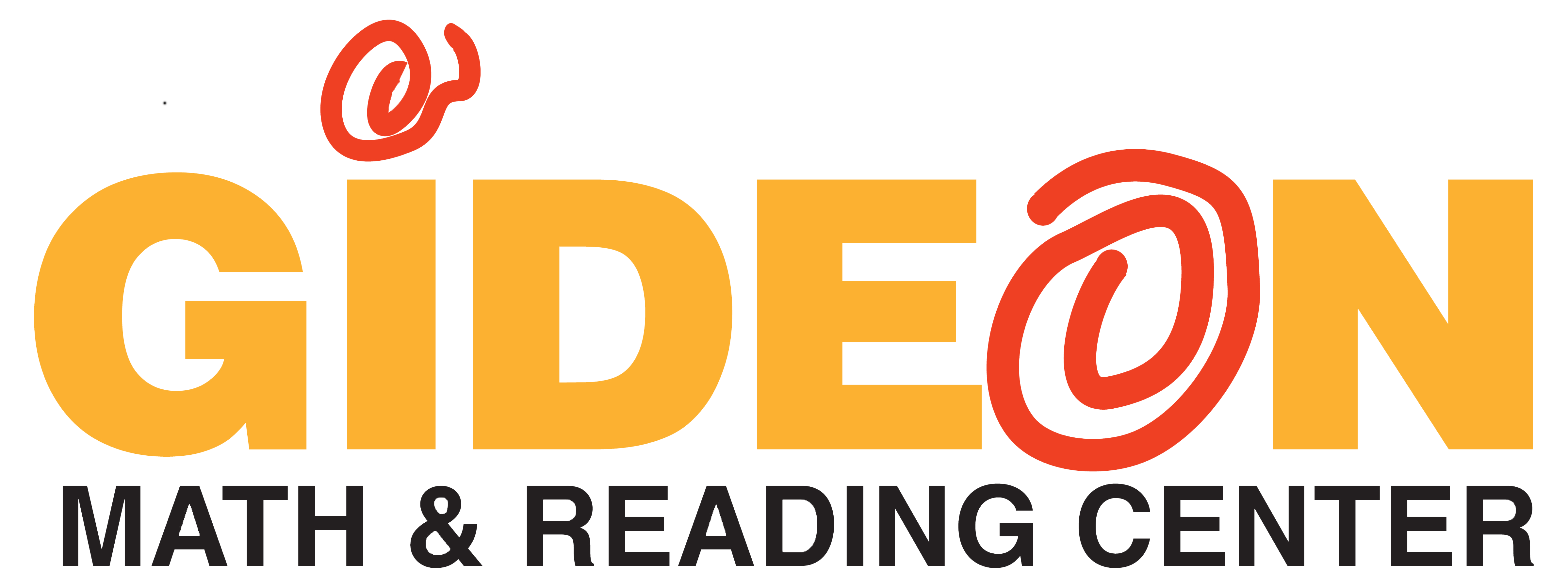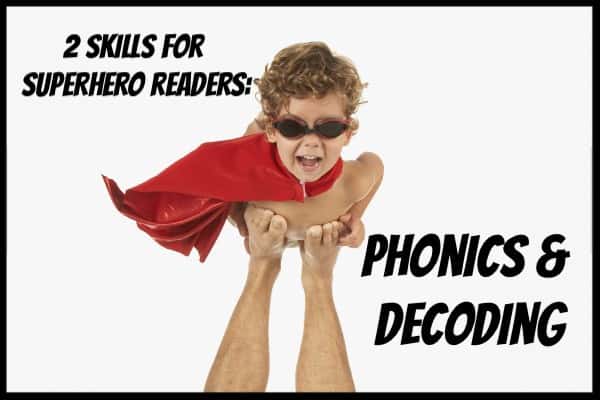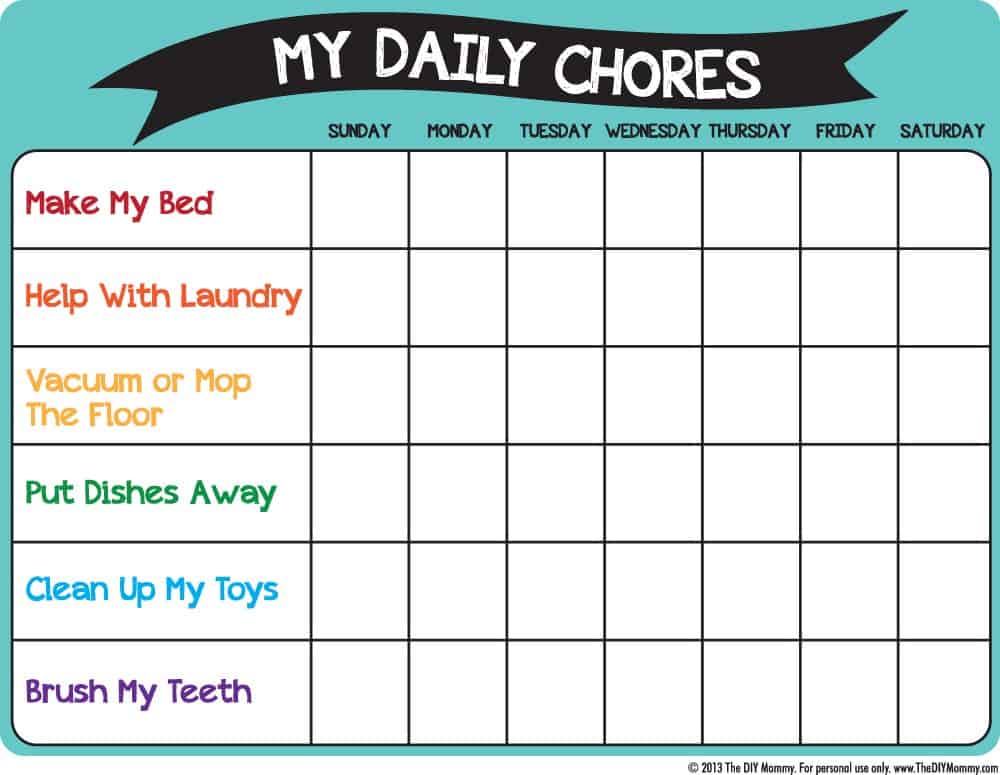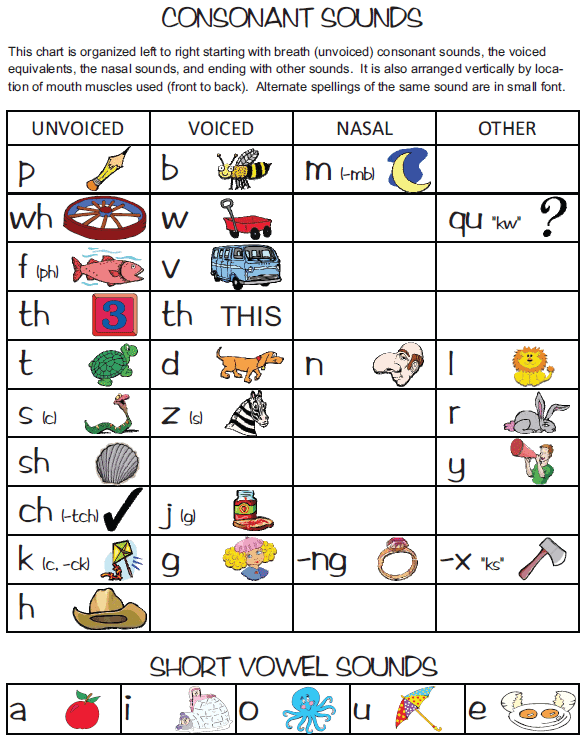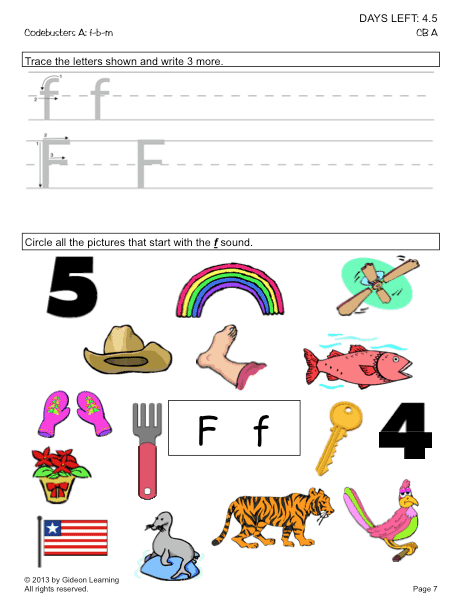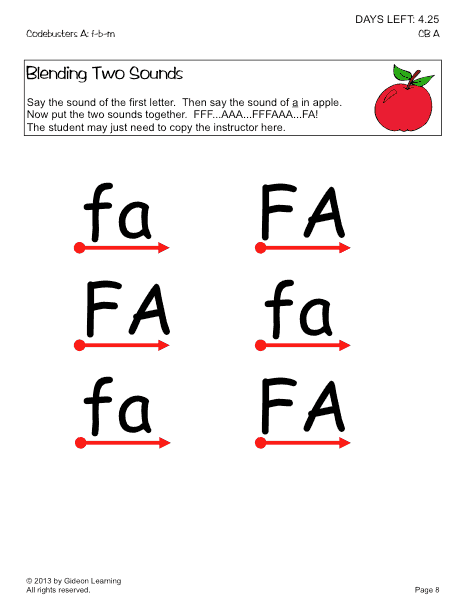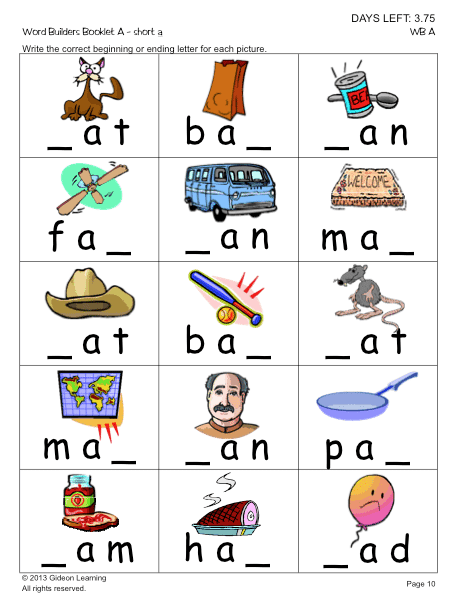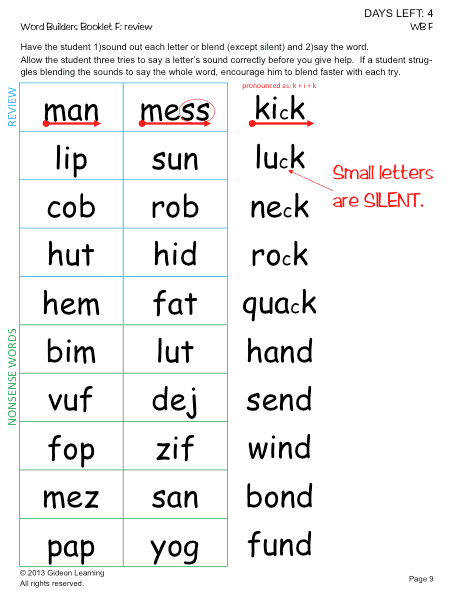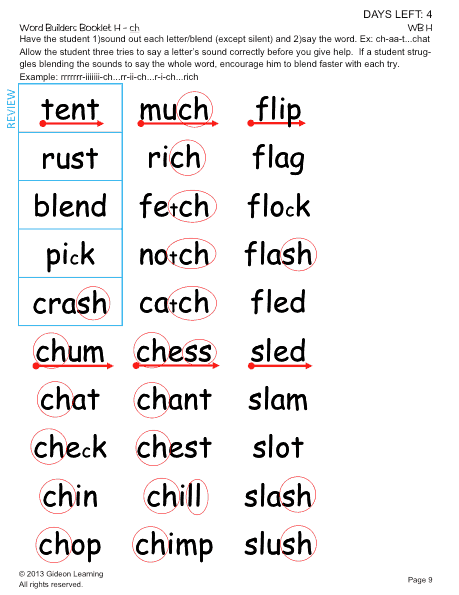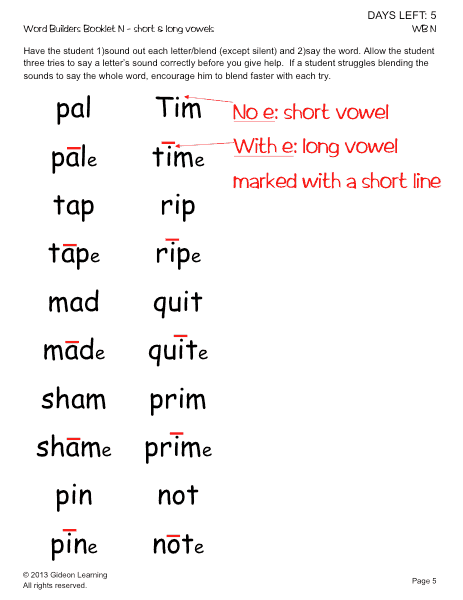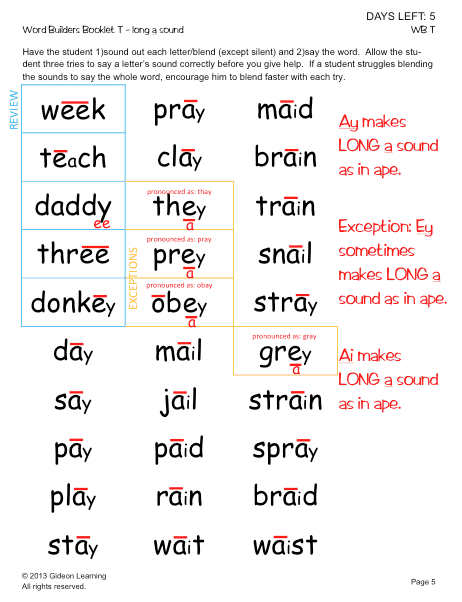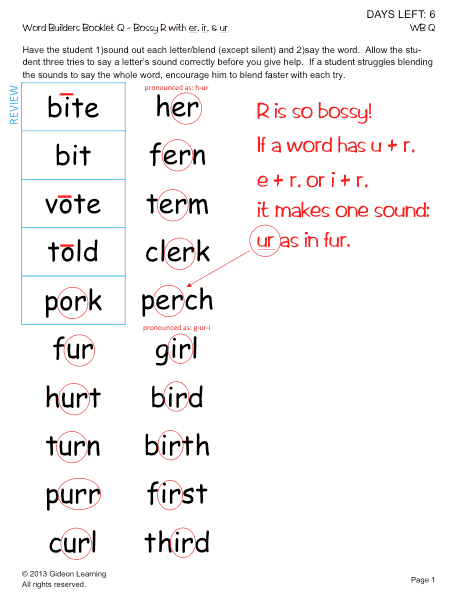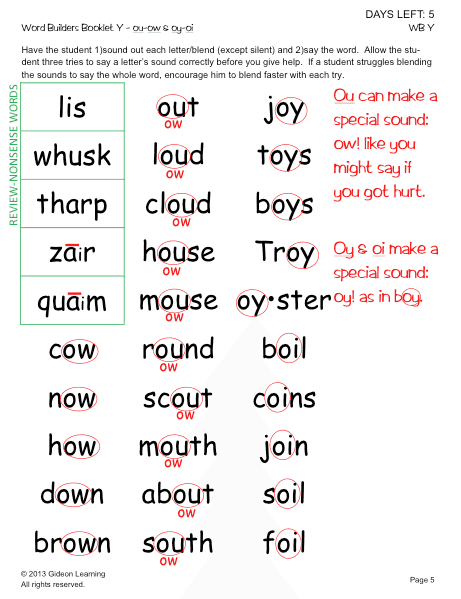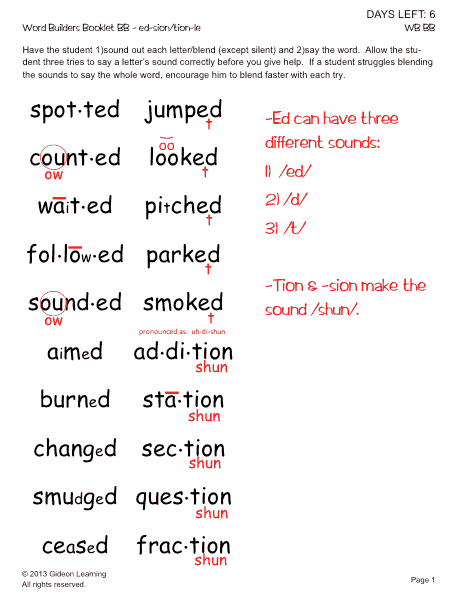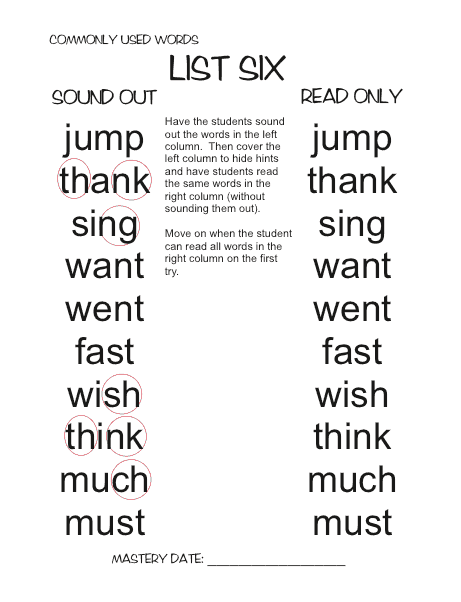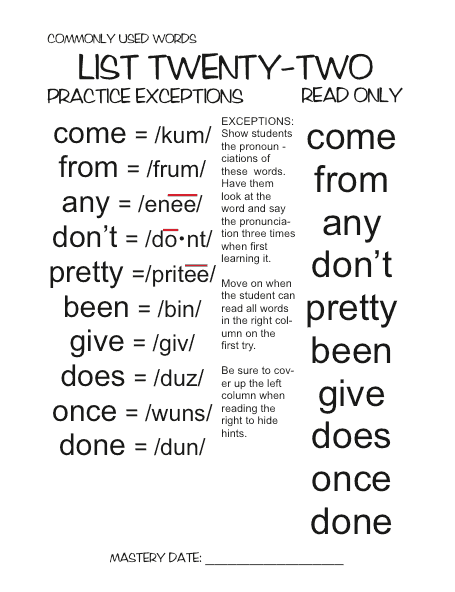![Lessons from Dr. Ben Carson’s Childhood]()
Independent Learners, Reading

In 2013, Dr. Ben Carson gave a fabulous speech at the National Prayer Breakfast attended by President Obama and the First Lady. While many people called attention to controversial topics, I want to put the spotlight on his thoughts on education.
Carson was born to a single, illiterate mother and grew up in a very poor household. From early childhood, education made an enormous difference in Carson’s life. This article “Ben Carson and the Mother Behind the Man” gives a brief summary of his childhood based on the movie, Gifted Hands: The Ben Carson Story.
[Ben’s mother Sonya] knew that she had to do something to help her boys begin to live up to their potential. And though she didn’t know what to do, she knew Someone who did know. So she prayed and asked God for wisdom and guidance.
She also paid attention to the habits of the high achievers she worked for. She made some decisions and told her sons about them: they were to choose and read two library books per week and hand in book reports to her (they didn’t know she couldn’t read), and they were to limit TV to two pre-selected programs per week, watchable only after homework was done. Two books per week! Benny thought, alarmed. He had never read a book in his life. And how would he live with almost no TV?
Ben’s mother repeatedly told her sons that they could do anything anybody else could do, and do it better, if they would only work hard at it. She always had faith in them, and she never accepted excuses. She made none for herself, and would accept none from them–for their own good.
Ben Carson went from the bottom of his fifth grade class to the top of his sixth grade class in one and a half years. He earned a scholarship to Yale and became the head of pediatric neurosurgery at Johns Hopkins Hospital when he was thirty-three years old. He was one of the youngest people to ever hold such a position, and the first black person to have a position like that in a world-renowned medical center. In the first seven years of his career, he performed breakthrough surgeries that changed the lives of his patients.
His story shows that anything is possible! If you haven’t already watched Carson’s National Prayer Breakfast speech, I highly suggest you do. In just a half hour, you will be inspired by his story and his views on education.
Here’s an excerpt from an interview he did with the Daily Caller after the National Prayer Breakfast in 2013:
TheDC: You mentioned education a lot during the speech, and a well-informed public. Do you think that the public is ill-informed and that it led to the president’s re-election?
BC: Well, all you have to do is look at some of those segments that Jay Leno does (laughs), where he asks basic questions. As I alluded to in the speech, you look at a 6th-grade exit exam from the 1800s and you look at the kinds of things people were expected to know. I mean, if you were to pose those questions to people, they’d say, “That’s ridiculous. How can you expect me to know that?”
Yes, we have dumbed things down enormously and we need to get them back to the right level. Quite frankly, having an uninformed populace works extremely well, particularly when you have a media that doesn’t understand its responsibility and feels more like it’s an arm of a political party. They can really take advantage of an uninformed populace.
You can read the rest of this
Daily Caller article
here. Reading about Dr. Ben Carson will encourage any parent to keep believing in their child’s potential!
![Lessons from Dr. Ben Carson’s Childhood]()
Featured, Independent Learners, Young Learners

This is a heartwarming article from The Washington Post about one girl’s gratitude for her father’s involvement in her education. His dedicated interest in her really made a practical and profound difference in her life.
Her name is Nicole Pal, and at the time of writing her Father’s Day tribute to her dad, she was a student at Santa Clara University. She grew up in San Jose, California, and graduated in 2014 with a degree in web design and computer engineering. “How One Father Helped Educate His Engineering Daughter” is about the power of a parent in their child’s education.
Some key points from the article will serve as a reminder that your love and support are so essential to your child’s education.
1. Believe in your children.
Even when they struggle, be patient and assume they can overcome it. As the daughter highlighted in the article says:
The most precious gifts I received as a child were a white board and a book about bridges. I never questioned whether I could succeed as an engineer, and as I head into my final year of engineering school at Santa Clara University, I realize my dad played a huge role.
While some young girls might give up on a math question if they didn’t know the answer, my father was patient enough to walk through a problem with me—not just walk me through it. He let me re-work problems until the dry-erase marker was whittled to a stub. I was never tempted to smile, nod, and simply pretend I understood. I always keep the whiteboard in mind when tutoring younger girls in algebra.
Nicole’s father walked alongside her, and now she is using what she learned from him to invest in the next generation of engineers.
Stephanie Coppedge, VP of Gideon, can still remember something her father said to her once after graduating college. They had a new employee still in high school who was very self assured and capable.
Stephanie’s father said, “She reminds me of you. She can do anything she wants.”
While Stephanie knew her parents thought she was smart and wouldn’t allow her to give up during difficult projects when she felt like quitting, this statement has stayed with her and gave her confidence on days she needed it. Parents, your words have a impact. Make them inspiring!
2. Involve them in the household repairs, projects, and everyday calculations like cooking.
My father, who is an engineer with a microprocessing company, encouraged me to be hands-on in whatever project he was working on. I remember learning how to use a saw and gleefully shouting “timber” as 2x4s hit the floor.
I’m passionate about engineering now because it helps me make sense of the world. By letting me problem-solve and get hands on with projects as a young child, I’ve learned how to make the world compute.
This daily interaction with math helps the child see the real-world application of all the things he is learning. It’s one thing to do a word problem about a recipe and another to cook it correctly yourself. Involve your children in the things you do around the home or the office, and you will watch things start to click into place for them.
3. Encourage your child to develop a strong work ethic.
One of the biggest ways my father nurtured my advancement in engineering was helping me find my passion and encouraging me to put in the hard work.
A strong work ethic will carry your children into adulthood and through the times when things aren’t easy and fun.
Even while doing their dream job, there will be times that you child will have to do tasks or deal with problems they would rather not. Learning to deal with hard work early helps them keep going later in life. Grit can make a big difference in the path to success.
In Conclusion…
Nicole knew what it was like to complete a supplemental math program (like Gideon). At first she would whine and complain that none of her friends had to do it. When she would try any way possible to get out of doing it, time and time again her father would simply ignore her frustration and tell her to try again.
Don’t forget that your belief in your child, your everyday interactions with them, and your encouragement for them to work hard are essential to their education from a very early age.
If you want more inspiration for parenting in the midst of a crazy school year, read the entire article HERE.
![Lessons from Dr. Ben Carson’s Childhood]()
Independent Learners, Young Learners

Jumping into a new school year—and possibly still learning from home—presents new challenges for children and parents alike. One of the best parts of this experience is the opportunity to learn together. As a parent, you will be learning how to work with your student whether that takes place during the day or in the afternoons for homework.
While you figure out how to help your specific child, both of you may make some mistakes along the way. The good news is that how we handle our children’s mistakes and our own can be beneficial to them in the long run. Keep a growth mindset and celebrate mistakes!
Making mistakes is one of the most useful ways to learn in math. Our brains develop when we make a mistake and think about the mistake. This brain activity doesn’t happen when people get work correct.
Here are three steps to handling your own blunders and managing your response to your child’s mistakes.
1. Learn from Mistakes
While our first instinct may be to jump in and fix a problem that may arise, learning from the mistake is more important. A gentle explanation of a math problem can help a child more than simply giving them an answer. Break their problem down into bite-size chunks of information, making sure they understand each piece. This leads the child to a deeper understanding of how to solve future problems on their own. In this explanation and subsequent learning, a child can learn from their mistakes instead of reaching an easy answer that they don’t understand.
2. Fix Errors
After learning, there is a time and place for fixing mistakes. If you see a mistake in your child’s homework, it may be a good time to help them fix it. Guide your child into double-checking their work before turning it in. Recognize that they may not know how to identify their own errors at first, but they will learn to do it on their own with practice. This is your opportunity to model correction and self-improvement for your child: Show them how to fix a recurring error. Then work with them to complete the task together. Then watch them do it themselves!
3. Extra practice and repetition
When working on mastering a skill, which Gideon helps students with, sometimes extra practice is needed. Don’t be afraid of going over the same math skills or phonics flashcards on repeat. Your child’s ability to use a skill with confidence is different than simply understanding how to do it. Repetition is vital when it comes to preparing for more advanced learning as well as standardized testing. It is better to learn and master new topics at Gideon to stay a step ahead with no school grades or pressure.
At Gideon, we are here to support you with all that comes with virtual learning and after-school learning. We want to work with your child to give their education the attention it deserves. Sign up today for our math and reading programs that help children fix errors, learn from mistakes, and build confidence through mastering skills!
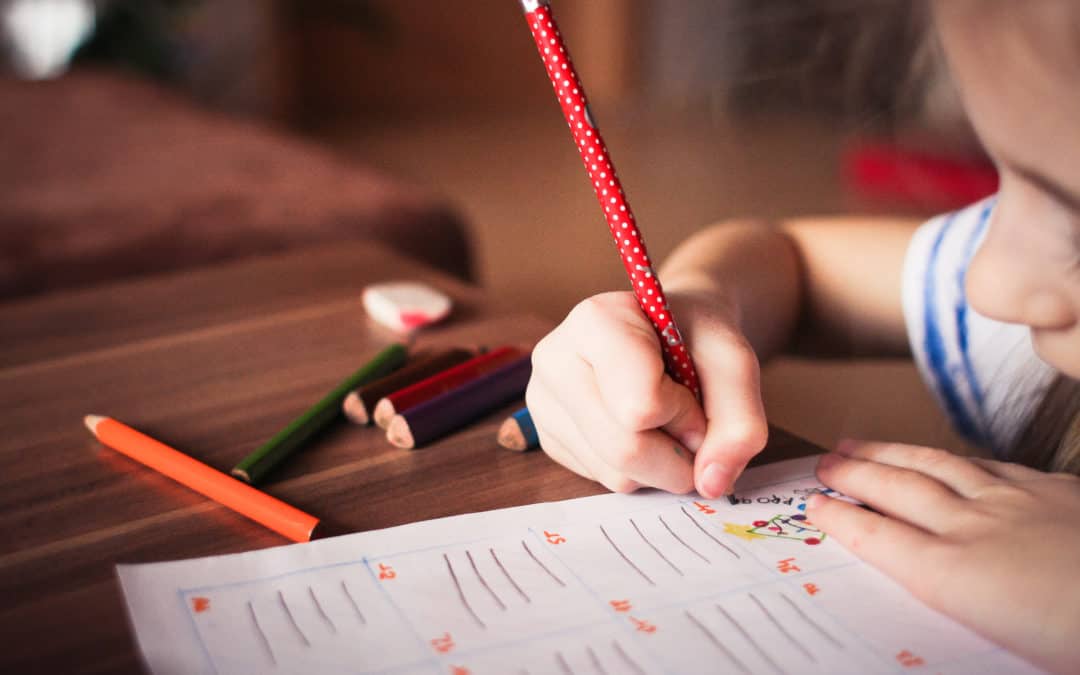
Featured, Independent Learners, Young Learners

With fall around the corner and the school year gearing up, fresh starts are everywhere. Your kids have new classes, new teachers, and new schedules. They may be learning virtually or in a hybrid model. They may need more hands-on help or more time to quietly focus.
While the year may not look like what you anticipated, here are some tips to make the most of your child’s virtual learning experience. (more…)
